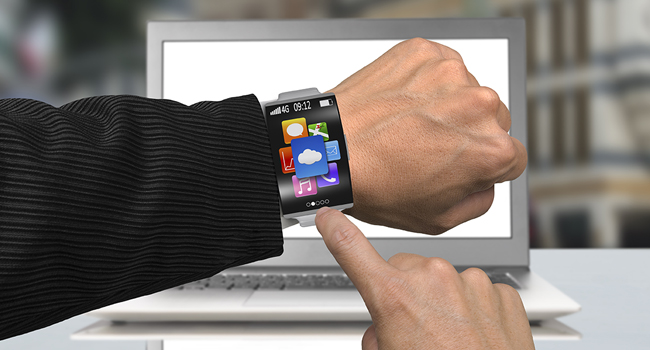
Security and Privacy for Wearables Not So Good
- By Ginger Hill
- Feb 04, 2015
Cisco predicted that by 2019 more than half a billion wearable devices will be in use every single day, and I’m not just talking about smartwatches. Look for fitness trackers, cameras, Bluetooth-enabled jewelry, hotel key bands, connected hearing aids, etc. to be added to the list of technology strapped to bodies. With all this data flying around, where does security and privacy come into play with wearables? Mostly, it doesn’t.
You might be surprised to know that users of wearables grant permission without realizing exactly what information they are agreeing to give up.
“Especially with fitness devices, if you read the license agreements, if people realized what they are signing up for, they might be horrified at what they’re allowing the companies to do with the data,” explained Damien Mehers, wearables developer who built the Evernote app for Pebble and Samsung Galaxy Gear. “I think there needs to be more clarity and perspective from the user.”
The majority of wearable manufacturers acknowledge security concerns and risks, but believe that giving up a bit of privacy is the price for using a wearable device, especially when most security and privacy details are explained in the license agreement. But, honestly, who really takes time to read it? Most people scroll to the bottom, tick the box and move on.
To address concerns about privacy and security of wearables, some people have resorted to simply not using wearable technology at all while others rely on companies to build their wearable apps on software platforms that have enterprise-grade security already built in.
About the Author
Ginger Hill is Group Social Media Manager.